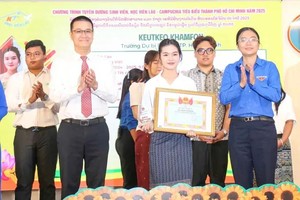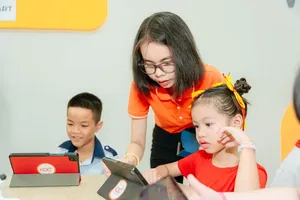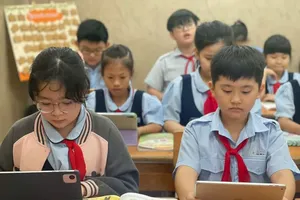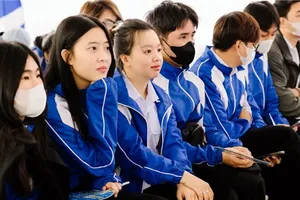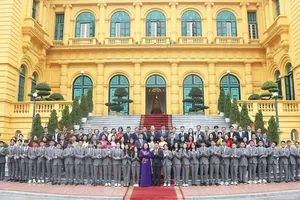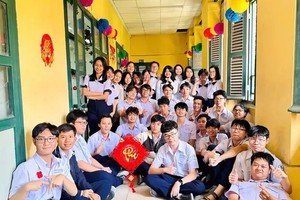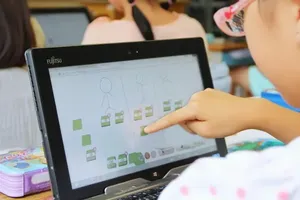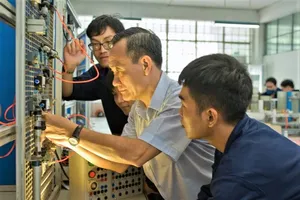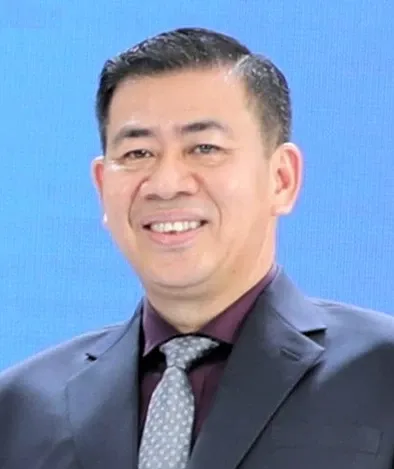
The rapid advancement of technology is reshaping the landscape of education, demanding a new approach from educators. Dr. Phan Hong Hai, President of HCMC University of Industry, emphasizes the need for educators, especially those in higher education, to adapt to these changing times.
In this new era, educators, with their multi-facet role, must not only impart knowledge but also inspire and motivate students. By fostering a student-centered approach, educators can tailor their teaching methods to meet the unique needs of each learner, maximizing their potential.
Furthermore, building strong teacher-student relationships is crucial. Educators should serve as mentors, guiding students in developing essential life skills and helping them overcome challenges. By integrating technology into their teaching practices, educators can create engaging learning experiences and prepare students for the digital age.
Ultimately, the goal of education is to nurture well-rounded individuals who are not only academically proficient but also socially responsible and environmentally conscious. By embracing these principles, educators can empower students to thrive in the 21st century.
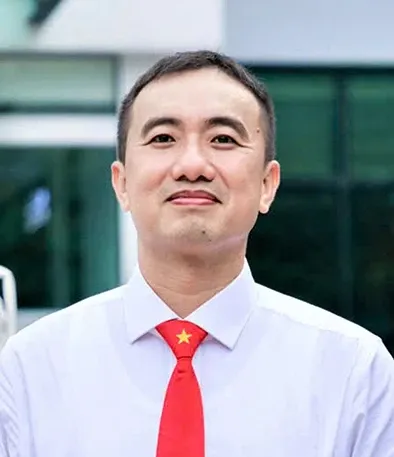
Director Pham Thai Son of the Center for Admissions and Communications under HCMC University of Economics shared that the rapid advancement of technology and the shift towards a knowledge-based economy have significantly transformed the role of educators. Today's educators are no longer merely knowledge transmitters but have evolved into facilitators of learning and critical thinking.
In this digital age, educators are tasked with preparing students for a future characterized by constant technological change. This requires them to adapt their teaching methods, embrace innovative technologies, and cultivate essential skills such as problem-solving, creativity, and digital literacy.
However, the teaching profession faces numerous challenges. Educators often grapple with heavy workloads, including lesson planning, assessment, and student management. Additionally, the rapid pace of technological change can be overwhelming, demanding continuous professional development.
To support educators and ensure the quality of education, it is crucial to provide adequate resources; training opportunities that elevate educators' expertise, pedagogical skills, and technological proficiency; and competitive compensation, particularly for those in early childhood and primary education. By investing in educators, it is possible to empower them to shape the next generation of learners and contribute to the overall progress of society.
Concurrently, fostering a positive and modern work environment that encourages innovation and creativity can serve as a powerful motivator for educators to continue contributing to the field.
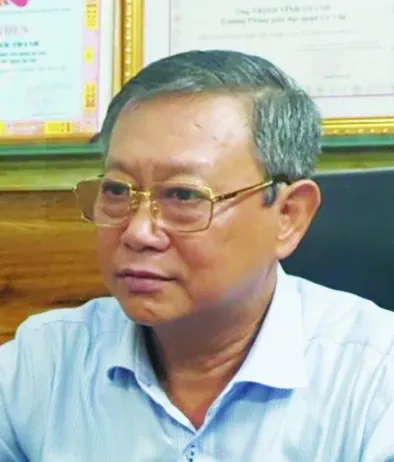
Head Trinh Vinh Thanh of the Go Vap District Division of Education and Training (HCMC) expresses his hope that the Teacher Law by the National Assembly signifies a profound commitment to the educator workforce. Upon its enactment, the law will create favorable conditions for educators' professional development, including improved compensation and benefits.
Furthermore, he hopes for the successful implementation of the 2018 General Education Program, which has garnered significant investment and effort from the Party, the State, government agencies, and the entire education community. He particularly encourages young educators, who are well-positioned to embrace new scientific knowledge, to maintain their enthusiasm and dedicate themselves wholeheartedly to the noble cause of education, even amidst the complexities of a market economy.
In the near future, the Division of Education and Training of Go Vap District will continue to strive for excellence in teaching and learning, prioritizing the enhancement of the quality and effectiveness of the 2018 General Education Program. It aims to empower students to fully realize their potential, develop essential skills, and become global citizens, thereby contributing to Vietnam's sustainable international integration.
To commemorate the 42nd anniversary of Vietnamese Teachers' Day on November 20, Go Vap District will inaugurate a smart management system for the Division of Education and Training, aiming to elevate the quality of administrative processes and reduce the workload for educational staff.
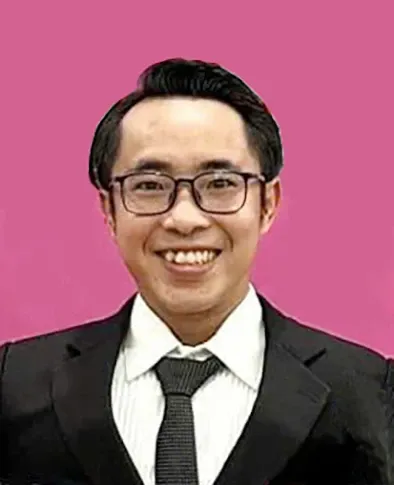
Teacher Pham Le Thanh from Nguyen Hien High School in District 11 of HCMC said that in today's educational landscape, the entire sector faces considerable challenges, and the responsibilities of educators have become increasingly pronounced.
As knowledge expands and digital transformation reshapes education, educators must continuously learn, enhance their professional expertise, and adopt innovative teaching methods. Their role now extends beyond knowledge dissemination to empowering students to apply knowledge, develop skills, and create value for society.
In the era of Industry 4.0, with its rapid technological advancements, digital tools have emerged as powerful educational aids. However, the indispensable role of human educators remains steadfast.
One of the most significant challenges of 21st-century education is unlocking the potential of each student, enabling them to make informed life choices and career decisions. Modern educators must not only possess strong subject matter knowledge but also cultivate empathy, understanding, and inspiration to guide students toward holistic personal and character development.
To empower educators to fully dedicate themselves to their profession, the government and society should implement comprehensive compensation and benefit packages. Teacher training institutions should prioritize practical training, bridging the gap between theoretical knowledge and real-world teaching experiences.







